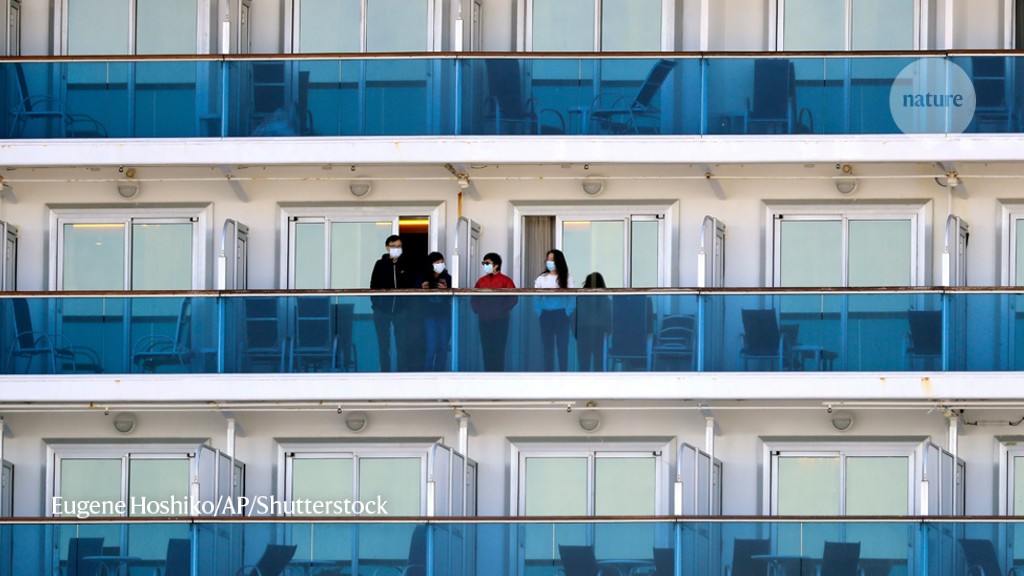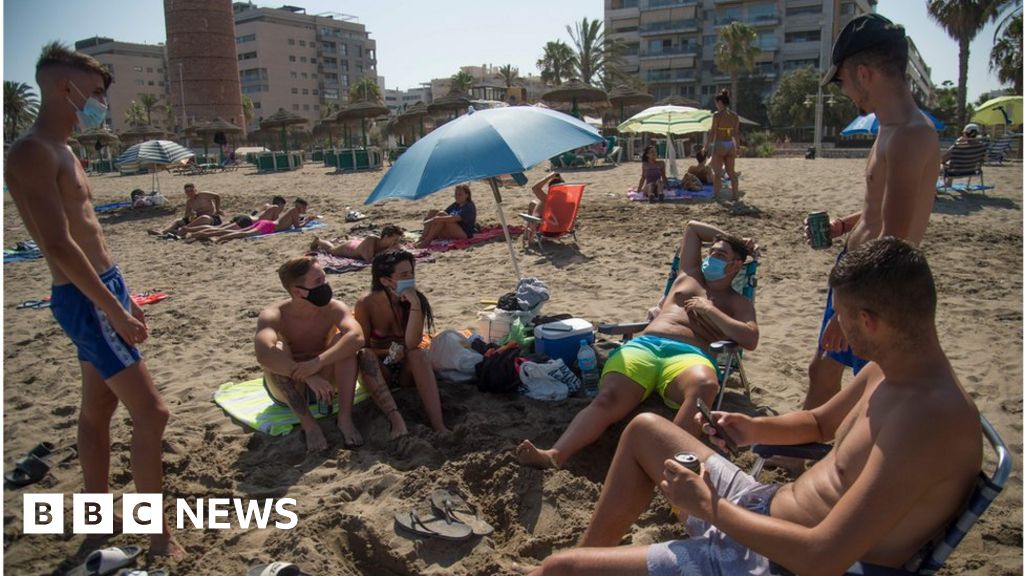As for my comments on France and Spain, they are now seeing more daily cases than the UK! This is because they did a harsh lockdown of the sort that is designed to suppress and potentially eliminate a virus (except this one cannot be eliminated); in other words France and Spain did a short term measure and it is impossible to say at this stage that this is in any way more effective than Sweden's longer term approach. All the evidence so far suggests the opposite is true, but let's wait a few months and see.
People were/are strongly encouraged to work from home and, based on the evidence I saw in the UK in the week before the actual lockdown, many businesses in the UK were doing a similar thing, with trains becoming increasingly lightly loaded as the week went on. Many businesses who had not yet told people to work from home already had plans to do so from the Monday anyway.
If we'd followed Sweden's path, and acted at the right time, with sustainable measures, we would have been better off in the long run, I am sure.
My observations of the railway the two weeks prior to lockdown mirror yours: the commuter trains were empty. Circumstantial evidence, of course, but my local observations of pubs and restaurants was that they emptied too. Even without a lockdown, many people had decided to stay home: just as it seems many in Sweden did, at least during April.
Given the number of deaths we had in the U.K. during April, I wonder what the number of deaths would have been without a lockdown and the likely impact this would have had on economic activity?
You could argue that people should be more rational about risks and that the media have whipped up fear about the virus. That said, whilst you can mandate that people go to work/school you can’t mandate that they go out to shops/pubs/restaurants.
I’m well aware of the damage that lockdown has done to the economy, education and the mental health of many. On a personal level, I was hugely relieved as the lockdown started to be lifted.
I’m not arguing for or against the lockdown, it’s just I don’t think the arguments are quite as clear cut as you and a number of others appear to think. I’m not convinced that Sweden is the shining example it is being portrayed as: tales of life carrying on there as normal seem somewhat wide of the mark.


